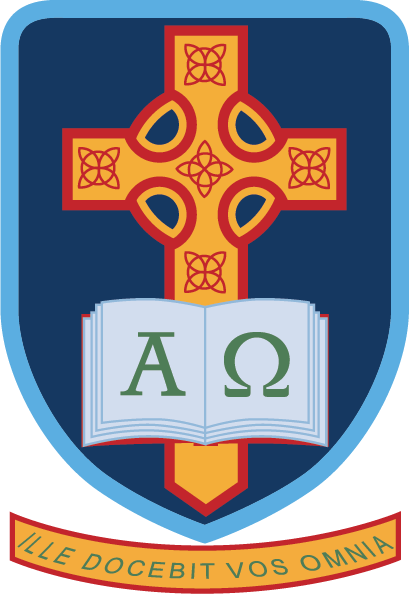
Digital Technology
Overview
A qualification in accounting will always be helpful – whether it’s used professionally or personally. This course helps students to understand the responsibilities of the accountant and the impacts of their recommendations on the business and the wider environment. Pupils will build knowledge and understanding of key concepts, principles and techniques that they can apply to real-life scenarios, developing the ability to solve problems logically, analyse data methodically, make reasoned choices and communicate effectively.
Digital Technology
Team
- Mrs A Farrell
GCSE
Not available at GCSE
A LEVEL
- Understand the role and develop the skills of the accountant in developing and evaluating accounting information systems and in preparing financial and management accounting information
- Apply the principles and techniques of accounting in the preparation of financial and management accounting information including using the double entry model to: record transactions; prepare financial statements for different types of organisations; and prepare management accounting information to enable management to plan, control and make decisions
- Analyse and evaluate a range of financial and management information and communicate the outcomes numerically and verbally
- Evaluate the impact of ethical considerations on the accountant and the duty to be truthful and accurately represent the facts when preparing and presenting accounting information, undertaking financial decision making and addressing the concerns of stakeholders
- Develop the ability to solve problems logically, analyse data methodically, make reasoned and justified decisions and use different reporting methods to communicate these to stakeholders.
The specification emphasises both financial accounting and the recording of past events, and management accounting as a means of planning and decision making. Pupils should appreciate that these are not totally distinct areas of study and that there is an interrelationship between financial accounting and aspects of management accounting. Pupils will develop an understanding of the principles of ethical behaviour which inform the actions of all those working within an accounting environment.
Pupils must demonstrate a good understanding of the double entry model and accounting principles and concepts as these form the foundation of all financial accounting techniques. They will also need to demonstrate quantitative skills that are relevant to the subject. Pupils will be expected to demonstrate knowledge of the formulae used for computations, carrying out computations and use the results of computations to inform judgements, solve problems and make decisions. Pupils must focus on developing their ability to write effectively so that they can report to stakeholders, making logical arguments and providing sound judgements based on analysis of available evidence taking account of financial and non-financial factors. Pupils should be encouraged to keep up to date with financial news including announcements concerning the performance of leading UK businesses, and be given the opportunity to investigate their published accounts.
